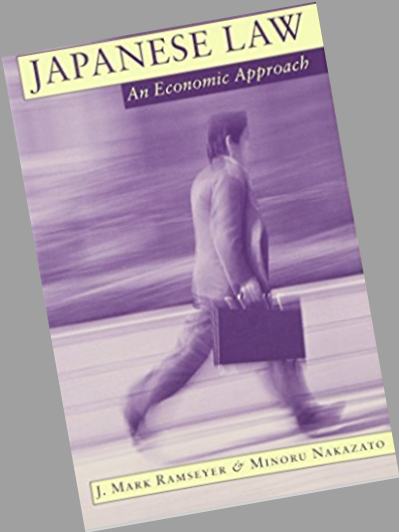Japanese law-consciousness
The Japanese is apt to avoid going to court.
Takeyoshi Kawashima (1902-1992), a prominent jurist, analyzed most Japanese have the thought framework of which legal norms are indefinite and are not a part of norms. Accordingly, they are expected to enforce social discipline not by a legal system, but by influence based on special relationship between those concerned including a relationship of rank.
In other words, the Japanese might regard a legal system as a means of preserving social order not of realizing justice.
In contrast with Kawashima’s “Culture-oriented Theory”, Prof. John Owen Haley (1942-), distinguished scholar of comparative law, focused on the malfunctions of the legal system including long legal proceedings and shortage of attorneys. Similarly, Prof. Masao Ohki (1931-)stated that there is a judicial insufficiency encompassing a lack of a judge and a lawyer in Japan. These are called “Malfunction Theory.”



